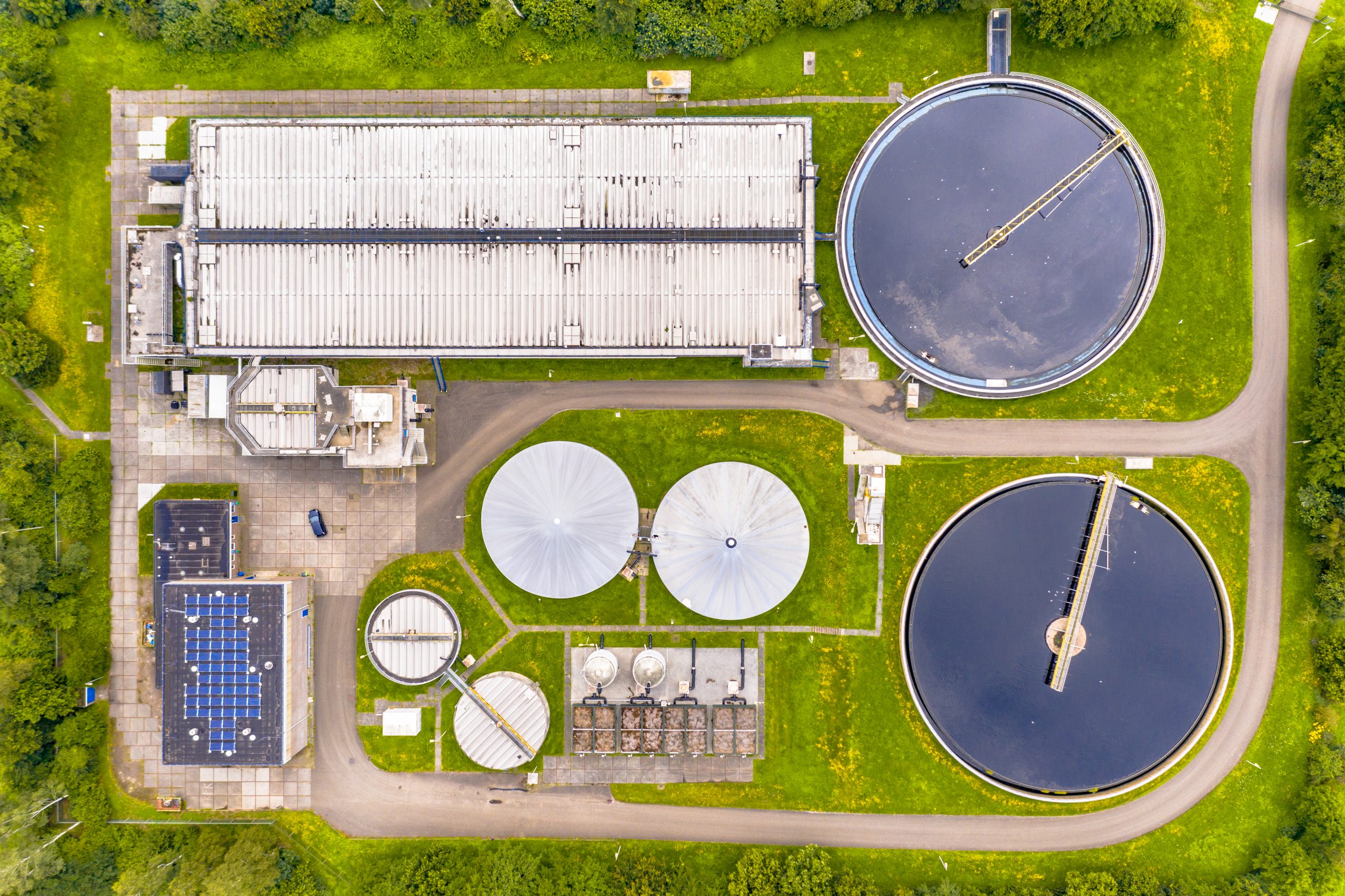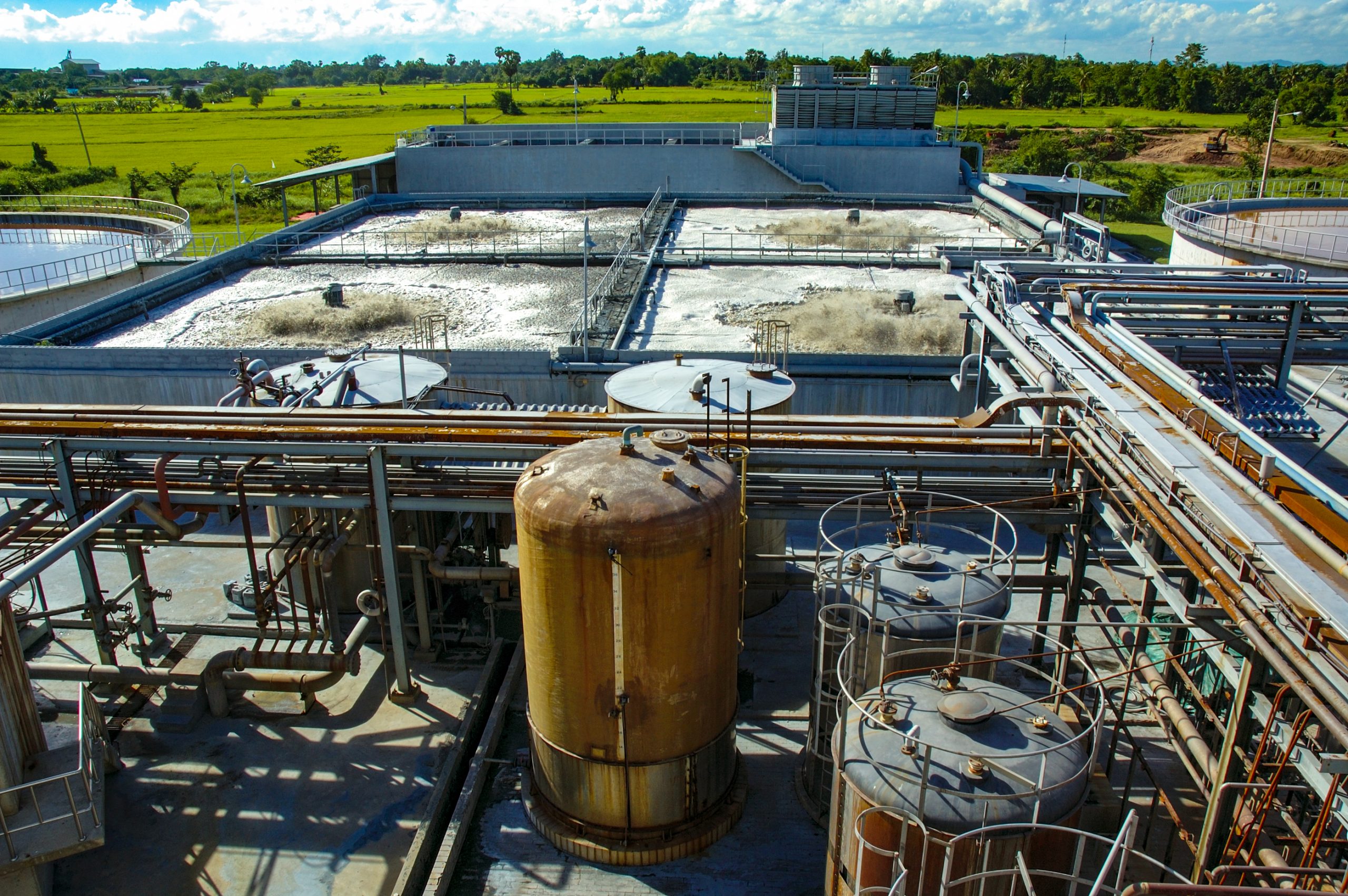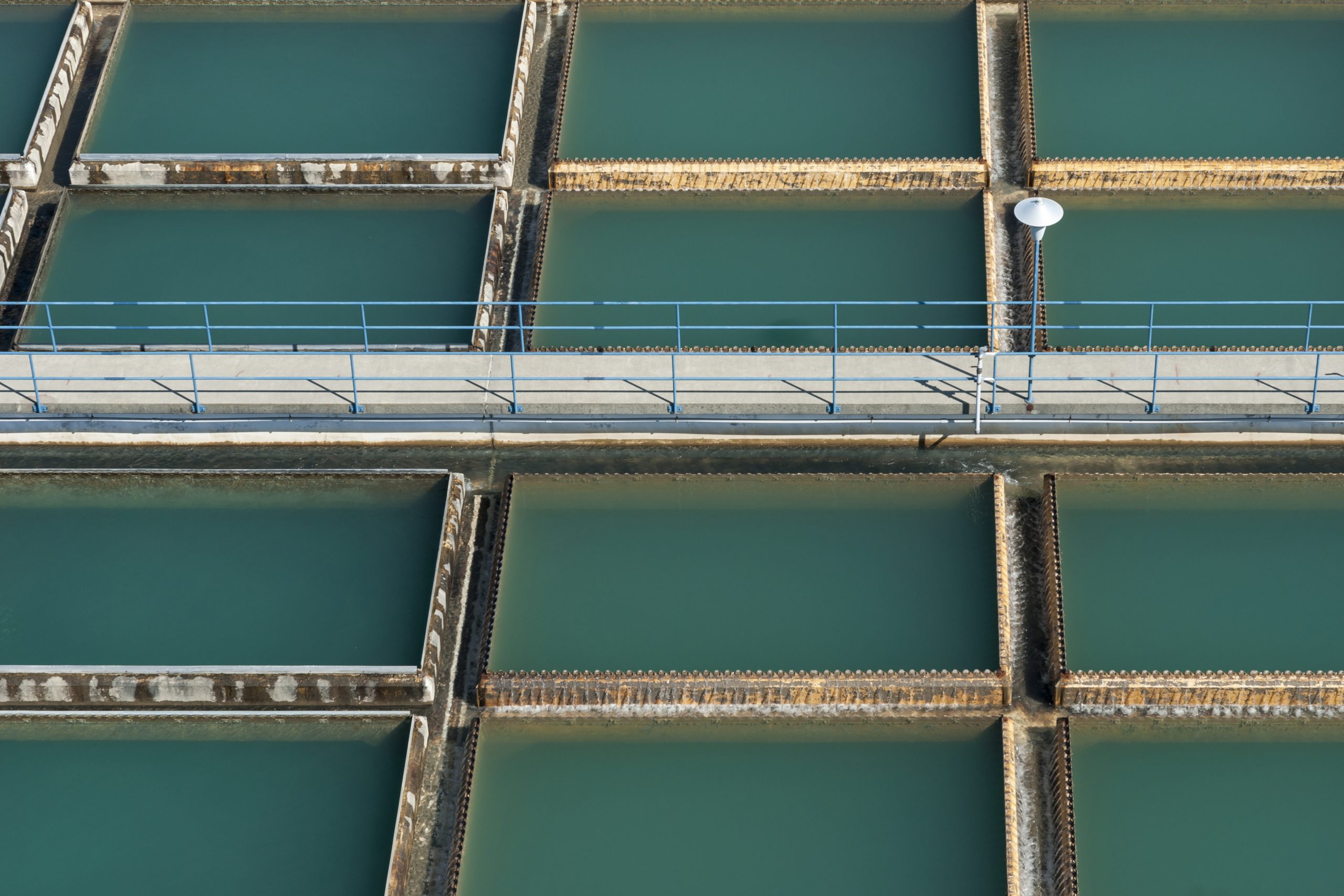The water treatment systems industries are extremely important to our society and, like any other industry, they have challenges that can be solved through digital transformation.
There are several types of plants when we talk about water treatment. Each one of them with its specific characteristics according to its final product. Among them stand out:
- Filtration
- Softening
- Addition of chemicals
- Half stream filtration
- After treatment
Although the facilities for each specific type of operation are different, they share many pieces of equipment and machines, such as heating reserves, cooling, and distribution tanks.
The operation of this industry involves the handling of various chemical additives for water treatment, and even some specific types of minerals, with the objective of dilution inside the tanks.
In this way, we can understand that the equipment and machinery needed during the operation are in constant contact with substances capable of accelerating the corrosion process in pipes and pipes, which if not treated in accordance with standard procedures, can lead to failures and accidents. catastrophic proportions.

In addition, like any other complex operation, the treatment industry suffers from the high number of assets that need continuous monitoring to guarantee a safe operation, and with good performance and yield rates.
For these obstacles to be solved in the best way, the water sector can make use of digital transformation technologies so that the continuous and necessary monitoring in these plants can be carried out in the best way possible.
Among these technologies, we can highlight:
The combination of these 3 technologies has led many industries to better yields and results in their operations through task automation.
Through Digital Twins systems, fed with data from IoT sensors installed in the field, and with the reading and identification of patterns through artificial intelligence algorithms, the industry has the possibility of accessing extremely valuable data that are crucial for decision making and execution of action plans.

For the scenario of water treatment industries, the solution can be implemented through digital systems capable of managing and centralizing information in real-time of an entire operation, being able to identify areas with greater wear, loss of productivity, or even forecasts budget involving the execution of tasks.
Or simply with the adoption of intelligent hardware, which is installed inside the pipes, can measure the level of corrosion and send monitoring data to a central cloud, where this information can be interpreted in the best possible way.
The obstacles involving the operation of these industries are not simple, but certainly, with the support of technologies that have revolutionized industrial operations around the world, they can be circumvented and transformed into new opportunities for evolution based on digitization

